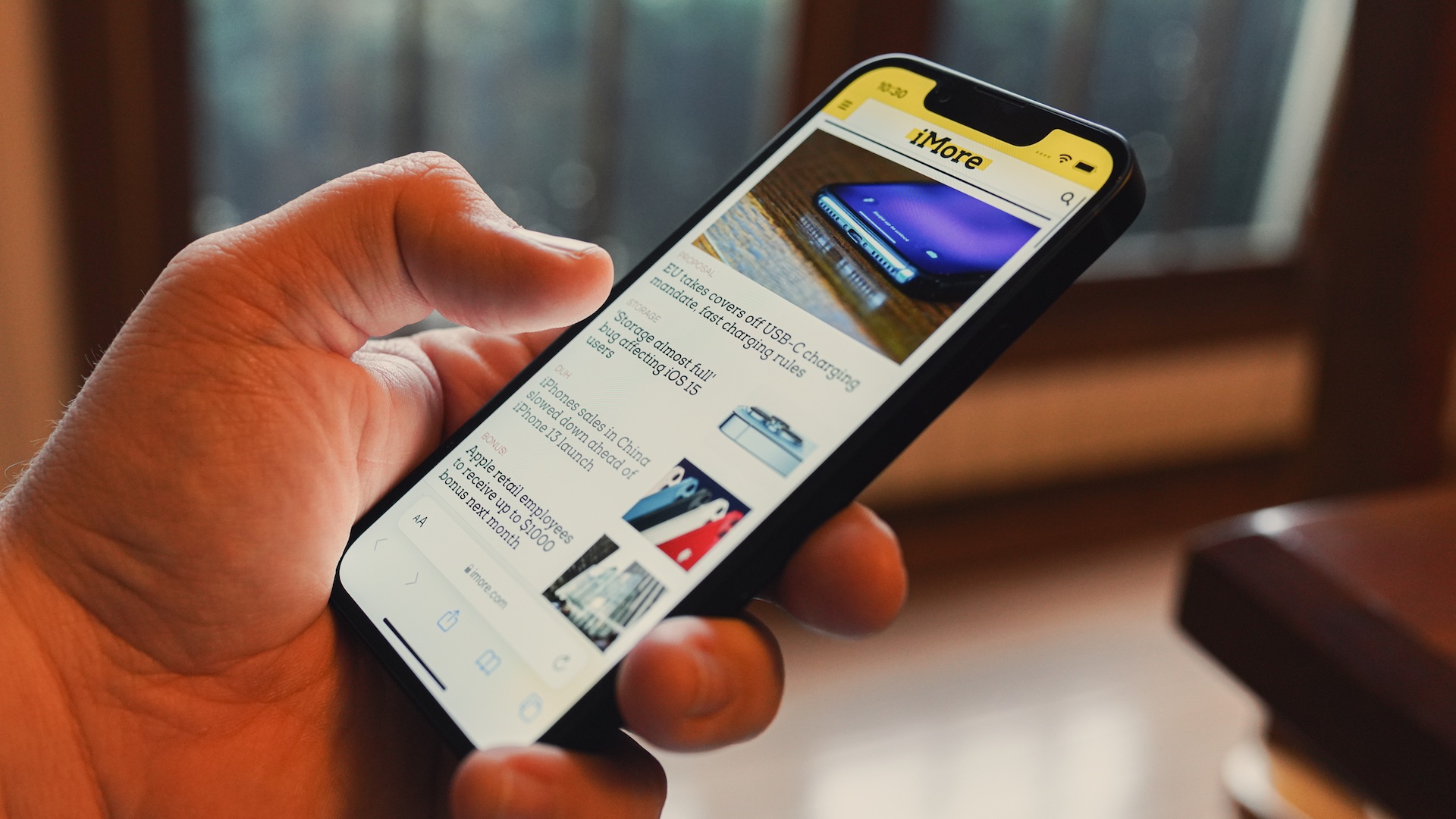
When Apple releases the iOS 17.4 software update to the world in the next few weeks it'll bring with it a sea change in the way the iPhone and App Store work. It'll open the door to third-party app stores, for one, and there will be support for non-Webkit web browsers as well. Both of those things will launch in the EU only, however, as Apple scrambles to comply with incoming Digital Markets Act requirements before the March 6 deadline. And while there are reasons to be cheerful about the changes, the opening of the web browser market on iOS isn't something that web developers are looking forward to.
While there is a reason to believe that more web browser engine choice is a good thing, there are catches to be considered. It's those catches that web developers worry could cause chaos in their line of work — especially if they don't happen to live in the EU.
The reason for their concern is clear, and it's a reason that makes plenty of sense when you think about it — whether or not Apple has already thought about it and found a solution remains unclear, but the problem is very real. The problem? Web developers want to know how they are supposed to test their websites, web apps, and services against non-Webkit browsers like a potential future Google Chrome if they don't have access to the app itself because they don't live in the EU.
A simple question
The question is of course a simple one, but the answer has so far been anything but. In fact, there hasn't been an answer that anyone is aware of yet which means that web developers are left somewhat in the dark.
The web developer worries come via The Register which saw comments submitted to Open Web Advocacy (OWA) following Apple's decision to allow third-party web browser engines as confirmed last week. "Due for publication shortly, these comments from various web professionals follow from OWA asking supporters how Apple's revised platform rules will affect their work and the web," The Register's report reads.
While web developers do want Apple to allow third-party engines, it's the way that the change is being implemented that is of concern.
“What happens if someone in the EU runs into a bug that isn’t happening in other browsers?" Jason Grigsby, co-founder of Cloudfour, reportedly asked in a comment to OWA. "How do we troubleshoot it? I’m trying to think of a comparable time when we had no way to test in a browser. The closest I can come to is the earliest days of mobile when the Android browser was different on each carrier. But even then, I could go to a carrier store to test and/or buy a phone if I needed more time with it. What do I do now?"
This might be something that Apple already has an answer for, as I suggested earlier. But the fact that web developers don't know that there is suggests that there isn't, at least not yet. There will be a hope the situation will change, however, and Apple could do that via a simulator of sorts. One developer suggested a VPN into the EU could be an answer, but they'd also need an EU-based Apple ID to apple the App Store in the territory. All doable, but let's hope Apple has a more official option in the works instead.







